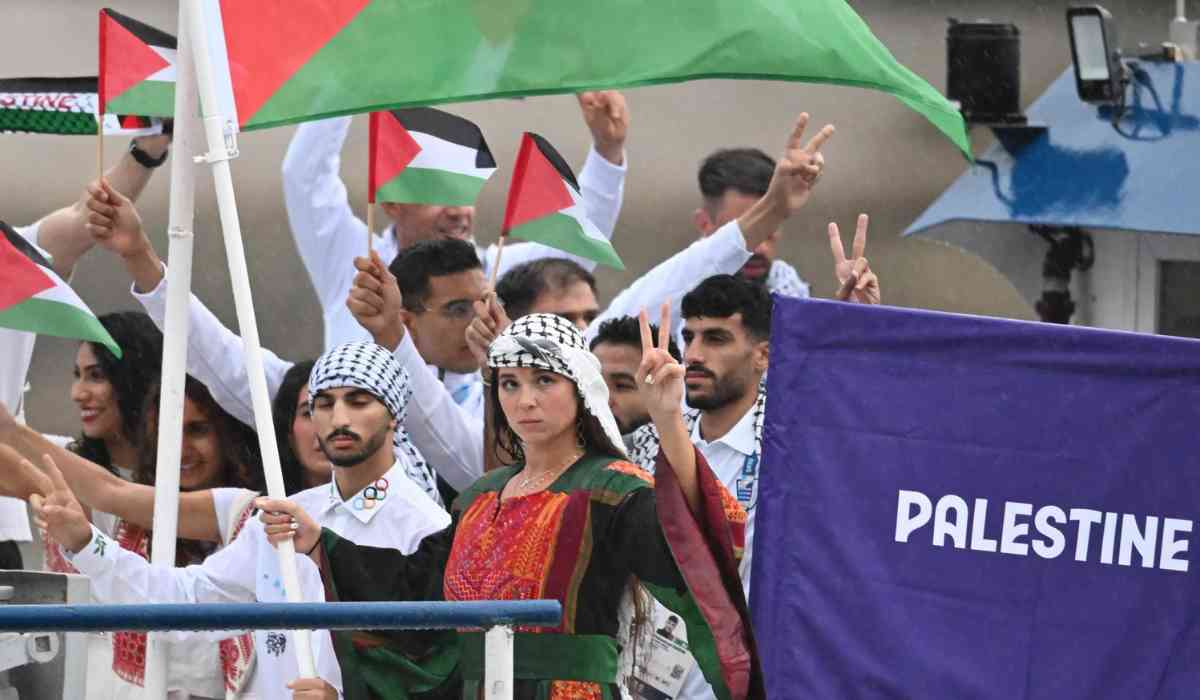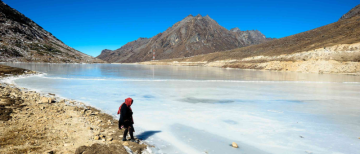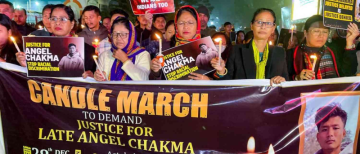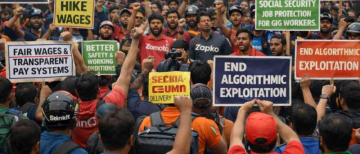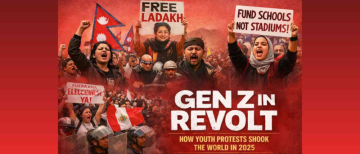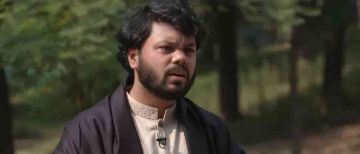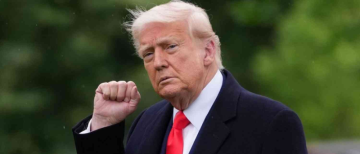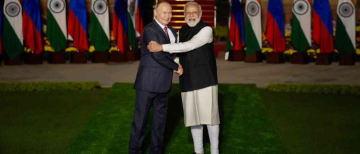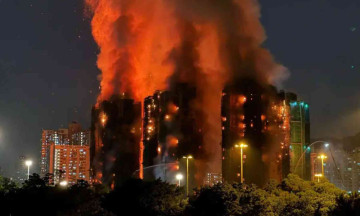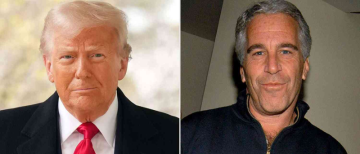The Paris 2024 Olympics, marked by significant strides towards inclusivity and technological advancements, is set against a backdrop of global conflicts and political tension. From its efforts to clean the Seine River to achieving gender parity among athletes, the Games are a beacon of progress. However, the persistent strife in Palestine, intensified by the Israeli military's actions, casts a long shadow over the event. With delegations from both Israel and Palestine participating, the intersection of sports and politics is more pronounced than ever. This article delves into the complexities of hosting an international sporting event amid such turmoil and explores how sports can serve as powerful political statements.
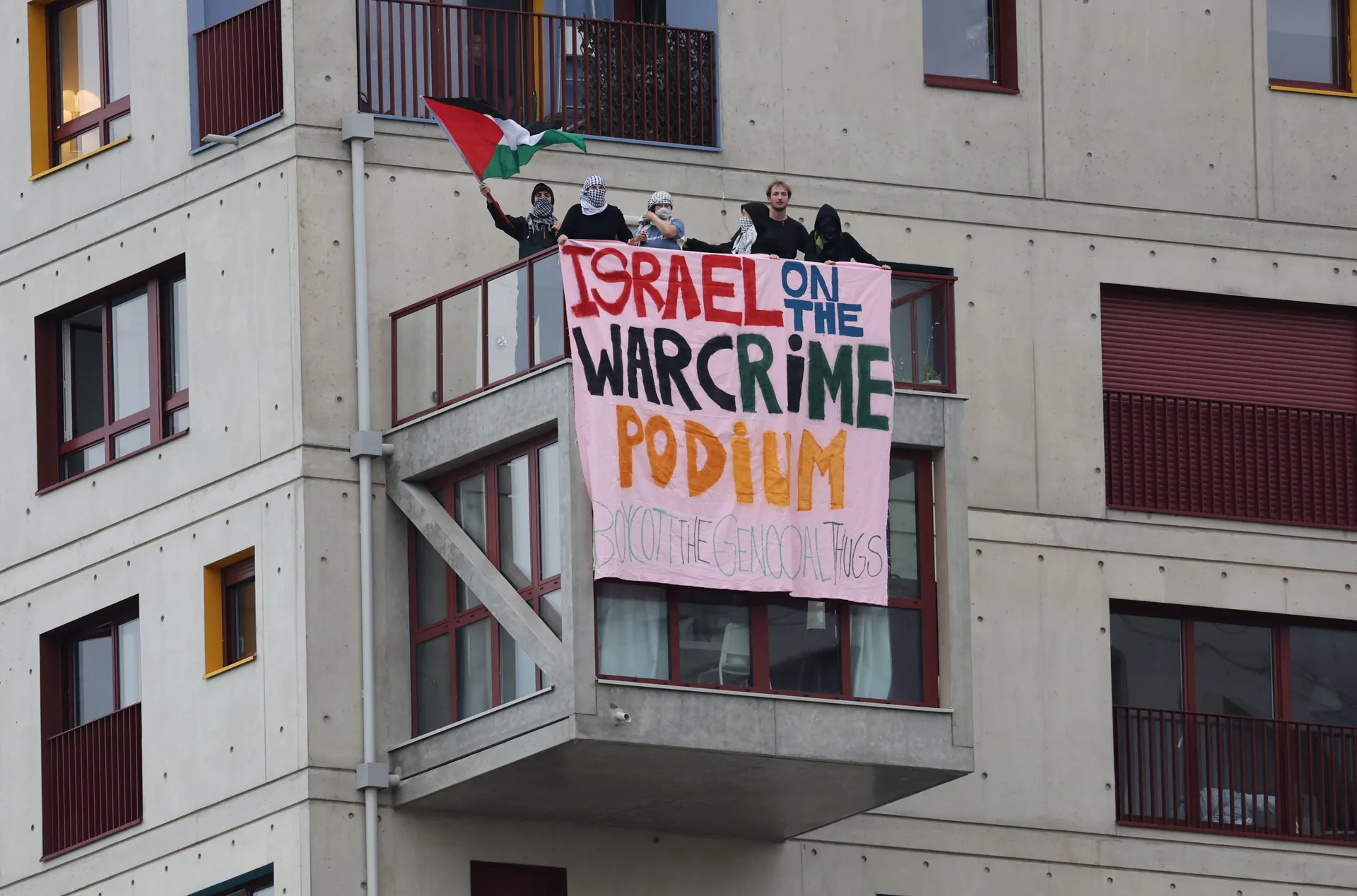
The Historic Arrival of the Palestinian Delegation
The Palestinian delegation's presence at the Paris Olympics is a poignant reminder of the region's ongoing conflict. Recognized by the International Olympic Committee (IOC) in 1995 and making their debut in 1996, the Palestinian athletes' journey to Paris is fraught with symbolic and real-world challenges. The team, comprising eight athletes competing in various disciplines, arrived in Paris on July 25, greeted by supporters advocating for the recognition of the Palestinian state.
Yazan Al-Bawwab, a Palestinian swimmer, highlighted the symbolic importance of their participation: "France doesn’t recognize Palestine as a country, so I am here to raise the flag. We’re not treated like human beings, so when we come to play sports, people realize we are equal to them." This sentiment was echoed by the entire delegation, which paraded down the Seine River, holding the Palestinian flag and wearing traditional keffiyehs. Their attire, rich with cultural and political symbolism, underscored their resilience and the desire for recognition on the world stage.
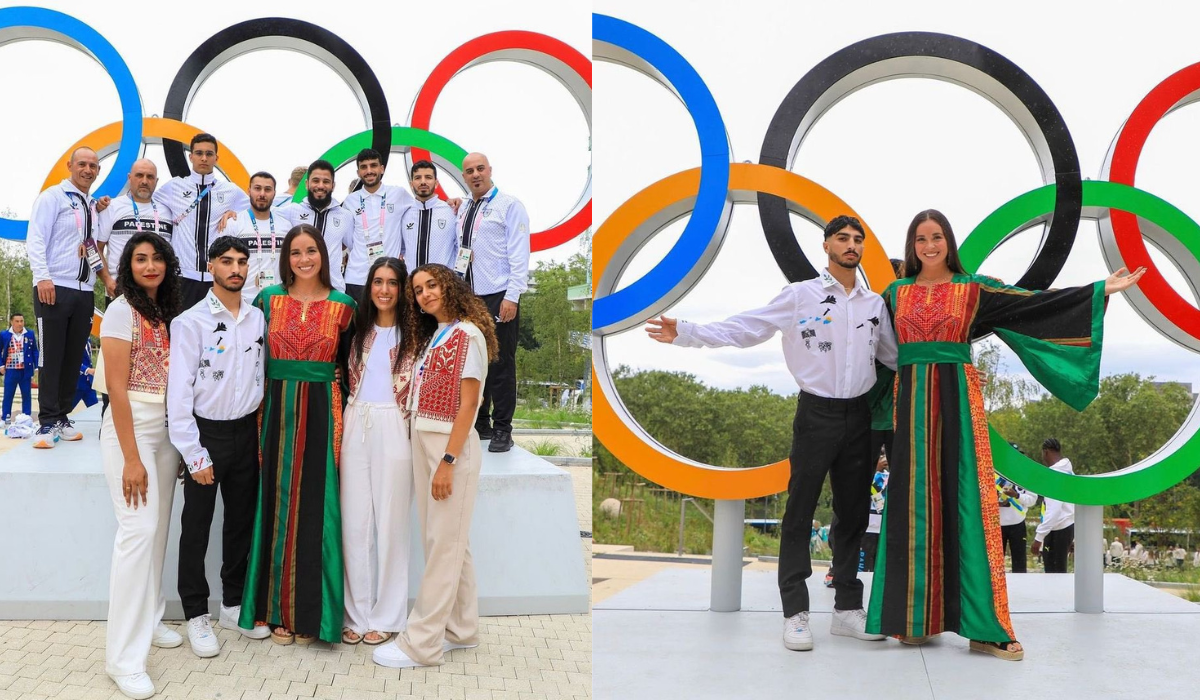
Flag bearer Waseem Abu Sal, Palestine's first Olympic boxer, wore a white shirt depicting a child playing soccer under a sky filled with ammunition, a stark reminder of the realities faced by Palestinian children. Valerie Tarazi, another flag bearer and Olympic swimmer, wore an outfit representing her Gazan heritage. These powerful images starkly contrasted the celebratory atmosphere of the opening ceremony, highlighting the deep-rooted issues that transcend the Games.
Protests and Tensions: Israel's Olympic Reception
The inclusion of Israel's delegation in the Olympic parade was met with significant opposition. As the Israeli athletes took their place in the spotlight, crowds in Paris booed, and protesters unfurled banners and posters calling for Israel's exclusion from the Games. One particularly striking poster depicted an Olympic podium covered in blood and bombs, with the Israeli flag prominently displayed, bearing the message: "When it comes to killing for sport, there's no competition."
This reaction is not entirely surprising given the historical context. The IOC has a precedent for taking action against countries for their political and military actions. Russian athletes, for example, were banned from competing as a national team in the 2024 Games due to their country's invasion of Ukraine. The calls for a boycott of the 33rd Olympic Games, citing Israel's military actions in Palestine, echo these past decisions and reflect the broader sentiment of international accountability.
Seen in Paris, France, today#Olympic2024 #Paris2024 pic.twitter.com/4BXe0jFIBZ— sarah (@sahouraxo) July 26, 2024
The protests and the charged atmosphere in Paris highlight the powerful role that sports can play in political discourse. The visibility of Palestinian athletes and the backlash against Israel underscores the Games' function as a global platform for political expression. This dynamic is further complicated by the ongoing conflict between Israel and Hamas, which has seen significant casualties and destruction, exacerbating the already tense situation.
The Political Arena of International Sports
The Paris Olympics' juxtaposition of celebration and conflict exemplifies how sports can act as a stage for political statements. The presence of Palestinian athletes, despite the hardships and lack of recognition, is a testament to their resilience and determination. Their participation sends a powerful message to the international community about the need for recognition and equality.
Conversely, the protests against Israel's inclusion highlight the demand for accountability and justice. The IOC's role in this context is crucial, as it must navigate the fine line between promoting unity through sports and addressing the political realities that inevitably intersect with these global events.
The support Palestinian athletes received from Arab states, such as Kuwait, Qatar, Libya, and Egypt, for training and preparation underscores the solidarity within the region and the importance of international cooperation. Despite the slim chances of winning medals, the mere presence of Palestinian athletes is a victory in itself, symbolizing their right to exist and compete on equal footing with others.
HISTORIC MOMENT NOW IN PARIS OLYMPICS!
Palestine’s delegation arrives on the Seine river at the opening ceremony of the Olympic Games in Paris 2024.✌🏻🇵🇸 pic.twitter.com/CYl4zgXP9w— Kuffiya (@Kuffiyateam) July 26, 2024
Sports as a Catalyst for Change
The 2024 Paris Olympics, with its aspirations for unity and progress, cannot escape the shadows cast by global conflicts. The participation of Palestinian athletes amid the turmoil is a powerful reminder of the enduring struggle for recognition and equality. As the world watches these athletes compete, their stories and symbols resonate far beyond the sporting arena, serving as poignant political statements.
The Games provide a platform for voices that might otherwise be silenced, and the Palestinian delegation's presence is a testament to the strength and resilience of a people striving for recognition and justice. As the Olympic flame burns in Paris, it illuminates not only the athletic prowess of the competitors but also the complex and often contentious political landscapes they represent.
Inputs by Agencies
Image Source: Multiple Source
Ⓒ Copyright 2024. All Rights Reserved Powered by Vygr Media.

